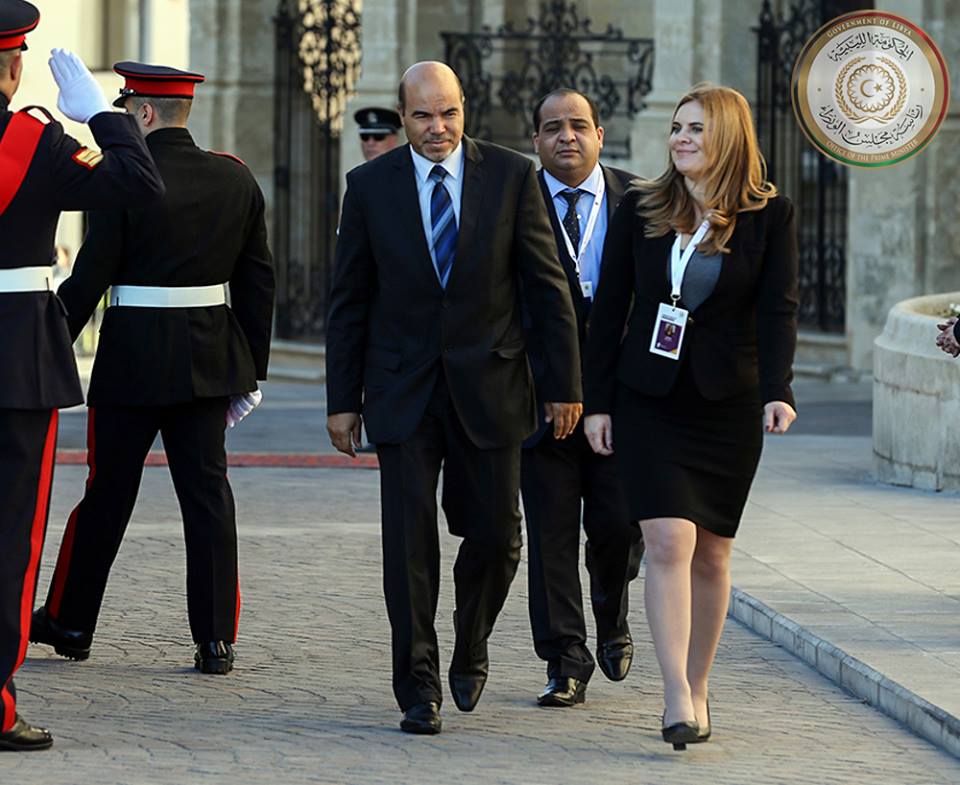By Libya Herald reporter.

Tunis, 12 November 2015:
The role of Libya in the Mediterranean illegal mitigation crisis was highlighted at a two-day summit in . . .[restrict]Malta attended by more then 50 European and African leaders. Its aim is to reach a joint strategy for dealing with the biggest flow of refugees and migrants since World War II.
With the European Union struggling to handle the crisis, the Libyan delegation participating in a special EU-Africa summit in Malta, was pressed to do more and reduce the flow of asylum seekers embarking from Libyan shores to cross the Mediterranean.
“We are looking at a solution for Libya. We have been talking for a long time about a government of national unity, which hasn’t been established yet. It is a tragedy for all Libyans and a risk for the migratory phenomenon,” said French president Francois Holland at the summit which ended today.
The delegation, headed by Abdurrahman Al-Ahairesh, the Beida-based Deputy Prime Minister, called for a “comprehensive approach” in tackling the migrant crisis, instead of focusing on military or security solutions.
Addressing the summit, he said Libya had started 15 years ago be active sheltering migrants and managing the flow of refugees, when the country. In coordination with the International Organisation for Migration, it had built special centres.
“However, given the current situation in Libya, all those programmes and services have reached to lowest level in some centres, or completely stopped in others,” he explained.
Although the internationally-recognised government was present, the journey to southern Europe for most refugees leaving Libya aboard small, overcrowded and sometimes wholly unseaworthy boats starts from the western coastal areas over which it has no control.
EU leaders attending the summit approved a €1.8-billion ($1.9-billion) trust fund for Africa, aiming to tackle the root causes of mass migration to Europe.
The fund is designed to address issues such as poverty and violence by creating jobs and intensifying diplomatic efforts to reduce or end armed conflicts in parts of Africa. [/restrict]








